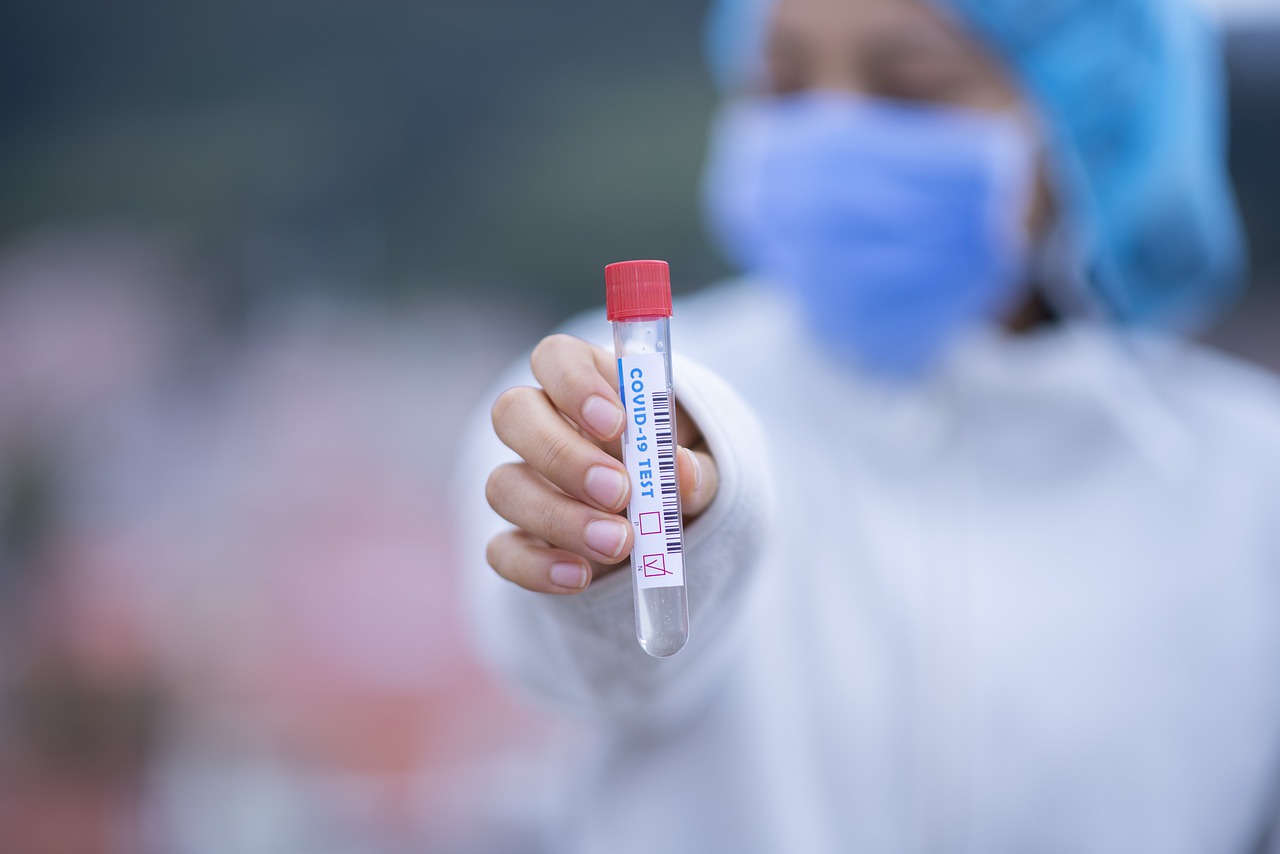
MANILA – Malacañang on Wednesday downplayed anew the record high single-day increase of 6,352 new coronavirus disease 2019 (Covid-19) cases in the country which drove the total to 112,593 cases on Tuesday.
Citing a report from Japan’s Nikkei Asia, which examined data from Johns Hopkins University, Presidential Spokesperson Harry Roque said that about 70 percent of the globe has reported growing cases since the start of April.
“Well, we’re not alone. It’s not as if it’s just happening in the Philippines,” he said in an interview with CNN Philippines. “Let’s not have this wrong view that only the Philippines is having this many increases in cases.”
Roque explained that it was only “understandable” that cases continue to increase because of the country’s increased testing capacity now at 32,000 tests per day.
He also floated the possibility that the rise in Covid-19 cases might be due to a mutation as new research has been showing a specific change occurring in Covid-19 outbreaks in Europe and US.
“Overseas, they have confirmed that is has mutated. It has become far more infectious — five times more infectious. We don’t know yet scientifically if it has come to our shores, but most likely it has. It’s a matter of time perhaps before the [University of the Philippines] Genome Center can confirm it but it’s a reality that everyone in this planet will have to face,” he said.
Despite it being the fifth time the past week that the Philippines broke its record for the single-day increase in cases, Roque said it is more important to take note of the country’s low mortality rate at 1.88 percent as of Tuesday.
“We are keeping deaths at the minimum. We’re way within the threshold of 5 percent morality rate considered as acceptable by the international community,” he said.
He also pointed out that asymptomatic and mild cases, which are being brought to isolation centers, make up 98.5 percent.
According to Roque, the public and private sectors are “revitalizing” their test, trace, isolation, and treat efforts to flatten the curve or slow down the rate of infection.
Makati City, he said, will soon be launching its pilot of pooled testing using reverse transcription-polymerase chain reaction (RT-PCR) testing, which may combine samples from several people and test them together instead of running them individually.
As far as tracing is concerned, he said they are hiring more contact tracers, tapping the help of the Philippine National Police, and ensuring that every tracer will have to locate 30 to 37 close contacts which will automatically be subjected to RT-PCR tests.
More isolation facilities are being established, more hospital and intensive care unit (ICU) beds are being provided for critical patients, and more units of high-flow nasal cannula (HFNC) machines and medicines are being procured, he added.
‘Initial screening’
Meanwhile, Roque also defended the use of rapid antibody test kits amid the claim made by Dr. Antonio Dans, spokesperson for the Healthcare Professions Alliance Against Covid-19, that it may have contributed to the increase in Covid-19 cases in the country.
“I think that’s a personal opinion of Dr. Dans. Other doctors also support the use of rapid test kits in conjunction with PCR tests. In the Philippines, we never encouraged rapid test kits as a standalone test. We always say that it should be used in conjunction with PCR, recognizing PCRs are still the most accurate,” he said.
Rapid antibody tests, he said, serve its purpose of being used as an “initial screening” for potential Covid-19 positive patients.
Roque, however, said there are many cases of false positives registered using RT-PCR tests because much of it depends on how the specimen was collected and the incompatibility between testing kits and machines.
“No test is perfect that’s why you have to complement the use of PCR with rapid testing kits especially a country like the Philippines where until recently, we did not have enough tests,” he said.